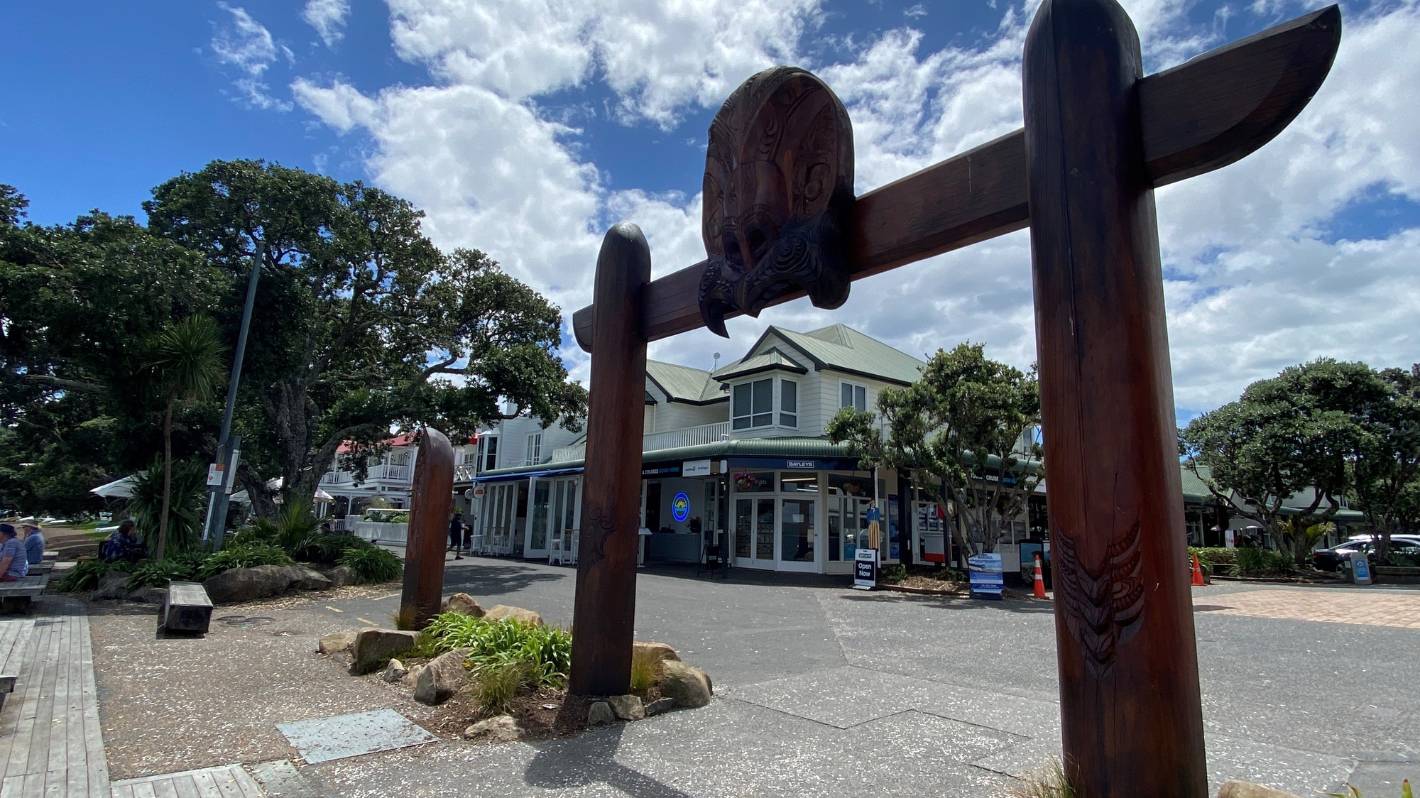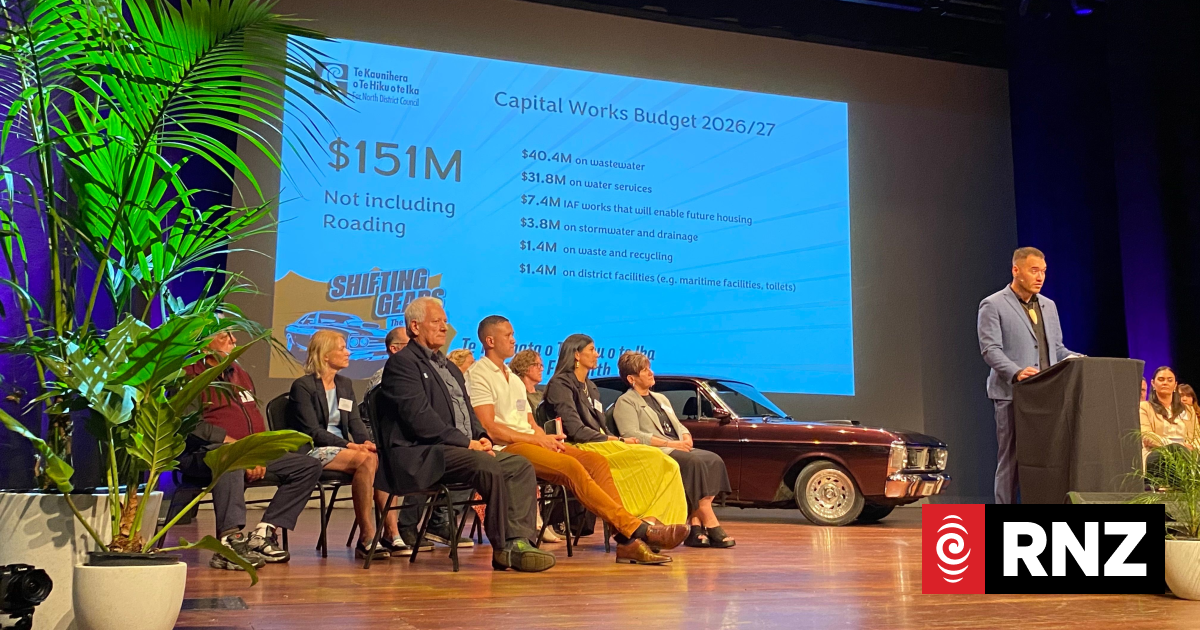Denise Piper/Stuff
The historic Bay of Islands town of Russell could have its name restored to its original Māori name, Kororāreka.
The restoration of Russell’s original Māori name, Kororāreka, is such a done deal in some locals’ minds they are already using it as their postal address.
The New Zealand Geographic Board, Ngā Pou Taunaha o Aotearoa, is calling for public feedback on the name change proposed for the small historic Bay of Islands town.
The change has the support of mana whenua, Te Rūnanga ā Iwi o Ngāpuhi, and the Far North District Council.
Submissions close on April 18 and the Geographic Board will consider the feedback at its mid-year hui.
READ MORE:
* Proposal to change name of Russell township to original Māori name
* Covid-19: Will Aucklanders be welcomed with open arms when they can travel?
* Aotearoa, Nu Tīreni, New Zealand – it’s a complicated issue
* The fabulous Far North never fails to fire up your spirits
But one town local, Maggie Aitken, isn’t waiting for official permission – she’s already using Kororāreka on her postage.
“I’m very happy with the return of it [Kororāreka], it makes the town that bit more unique.
Denise Piper/Stuff
Maggie Aitkin and John Seal are proud of the proposal to change Russell back to Kororāreka.
“Having come from a country [Scotland] that’s lost a lot of its culture, I feel privileged to be living in a town and an area that’s endeavouring to save its culture.”
Aitken pointed out that the name Russell meant nothing and there were many different Russells around the world.
The name came from the British politician Lord John Russell – who never visited New Zealand – and was first given to Okiato, the site of the country’s first capital, about 7km south of Kororāreka.
The capital moved to Auckland in 1841, while Okiato suffered a major fire in 1842. The name Russell was transferred to nearby Kororāreka in 1844.
Denise Piper/Stuff
Kororāreka is often used in names and signs around the town of Russell.
Kororāreka tells the story of an unwell chief who was restored to health with a sweet soup made from the little blue penguin (kororā = blue penguin, reka = sweet).
Aitken said she did not realise how much pain tangata whenua suffered having the name Russell imposed on the town, but locals are starting to learn.
She and partner John Seal attended one of three marae meetings on the name restoration in January and he said there was no one who opposed.
“It’s just respectful to the history of the town.”
DENISE PIPER/STUFF
Bob Drey from the Russell Protection Society explains why residents are fearful of a proposed new helicopter landing pad. (Video first published January 2020)
Shyan Hudson (Ngātiwai), who is tangata whenua, said she was all for using Kororāreka.
“I think it’s a very significant place in New Zealand, for Māori especially,” she said.
“It’s a step in the right direction for acknowledging the Māori people and their leniency towards what’s happened.
“I love the name Kororāreka; it’s fun to say – it’s beautiful.”
Denise Piper/Stuff
Russell tries to embrace its dual Māori and Pākehā heritage through its signs, symbols and names.
Neige Morris, who had just moved to the town with her partner Jordan McGarva and 4-month-old baby Winter, also supported restoration of Kororāreka.
“If that was its original name, I think it’s a good thing. I’m Māori and I think colonisation has ruined a few things.
“The real history isn’t Russell, it’s what it was before.”
But visitors to the town said it would always be known as Russell and the name Kororāreka was unfamiliar.
Denise Piper/Stuff
Frank and Karen Foster say Russell is a better known name for the Bay of Islands town and Kororāreka is not widely known.
Aucklander Frank Foster said he didn’t have a problem with the name Kororāreka, nor of the endorsement from local iwi.
“But all of us Baby Boomers all know the Bay of Islands as Paihia and Russell. If you said ‘Kororāreka’ to me, I wouldn’t know what you’re talking about.”
The Geographic Board is also seeking public feedback on a proposal by local hapū to change the name of Whangārei suburb Kamo to Te Kamo, to acknowledge a former chief and tupuna (ancestor).
Both consultations close on April 18.
Debates around place names is not new: in the episode below Adam Dudding and Eugene Bingham investigate cultural misunderstandings, macron usage and bilingual place names.




